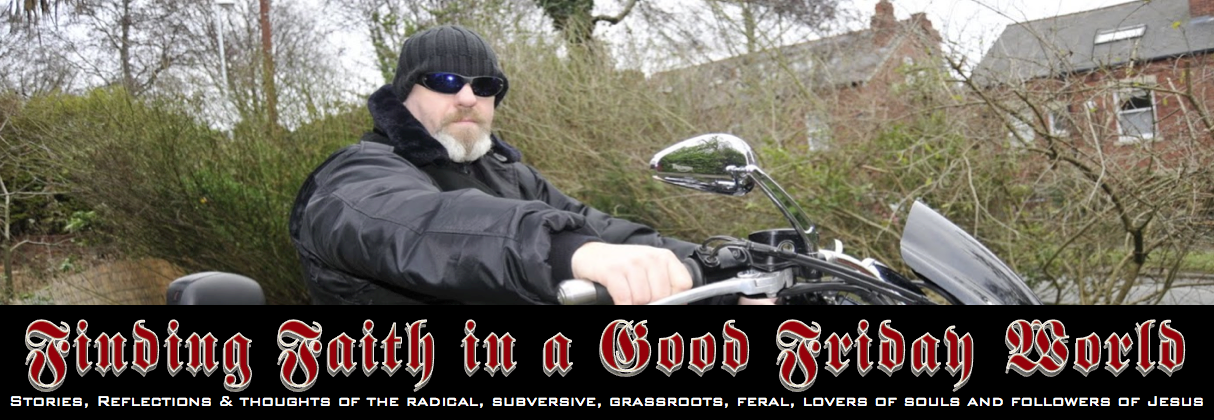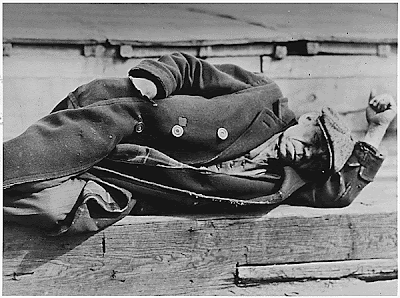This spoke volumes to me today. It's a cry, a prayer, a lament, a shout from the margins. for the church to take serious it's call to care for the least of these.
Live a life of privilege
Pushing back the last, the lost
The least of these
To dull the edge of concscience
With conceit
Live a life and see the world
Feel it's weight on the shoulders
Of the least of these
It spins and twirls
Without rest or relief
We all, we all wear dignity
It covers the strong, the weak
We all, we all wear dignity
Even the last, the lost, the least
Step into a spacious place
Where pride and right will give way
To the least of these
To know the face
Of who a man can be
We all, we all wear dignity
It covers the strong, the weak
We all, we all wear dignity
Even the last, the lost, the least
His image shown
We give our lives, our time, our own
To feed, to clothe
Those in His image we have left alone
We all, we all wear dignity
It covers the strong, the weak
We all, we all wear dignity
Even the last, the lost, the least
We all, we all wear dignity
God help the blind like me
Finding at last a voice we cry
And see with clear unblinking eyes
Pushing back the last, the lost
The least of these
To dull the edge of concscience
With conceit
Live a life and see the world
Feel it's weight on the shoulders
Of the least of these
It spins and twirls
Without rest or relief
We all, we all wear dignity
It covers the strong, the weak
We all, we all wear dignity
Even the last, the lost, the least
Step into a spacious place
Where pride and right will give way
To the least of these
To know the face
Of who a man can be
We all, we all wear dignity
It covers the strong, the weak
We all, we all wear dignity
Even the last, the lost, the least
His image shown
We give our lives, our time, our own
To feed, to clothe
Those in His image we have left alone
We all, we all wear dignity
It covers the strong, the weak
We all, we all wear dignity
Even the last, the lost, the least
We all, we all wear dignity
God help the blind like me
Finding at last a voice we cry
And see with clear unblinking eyes





